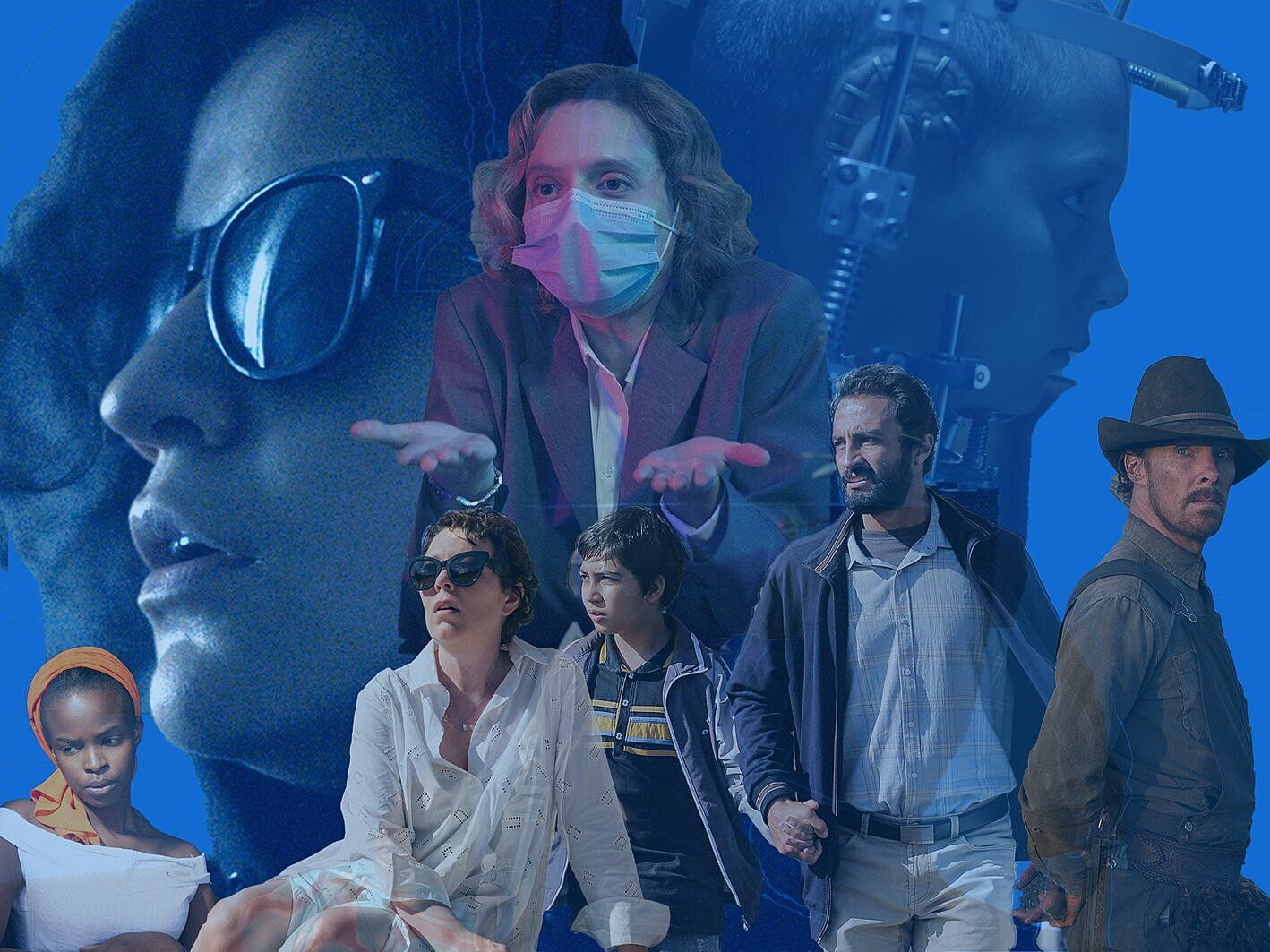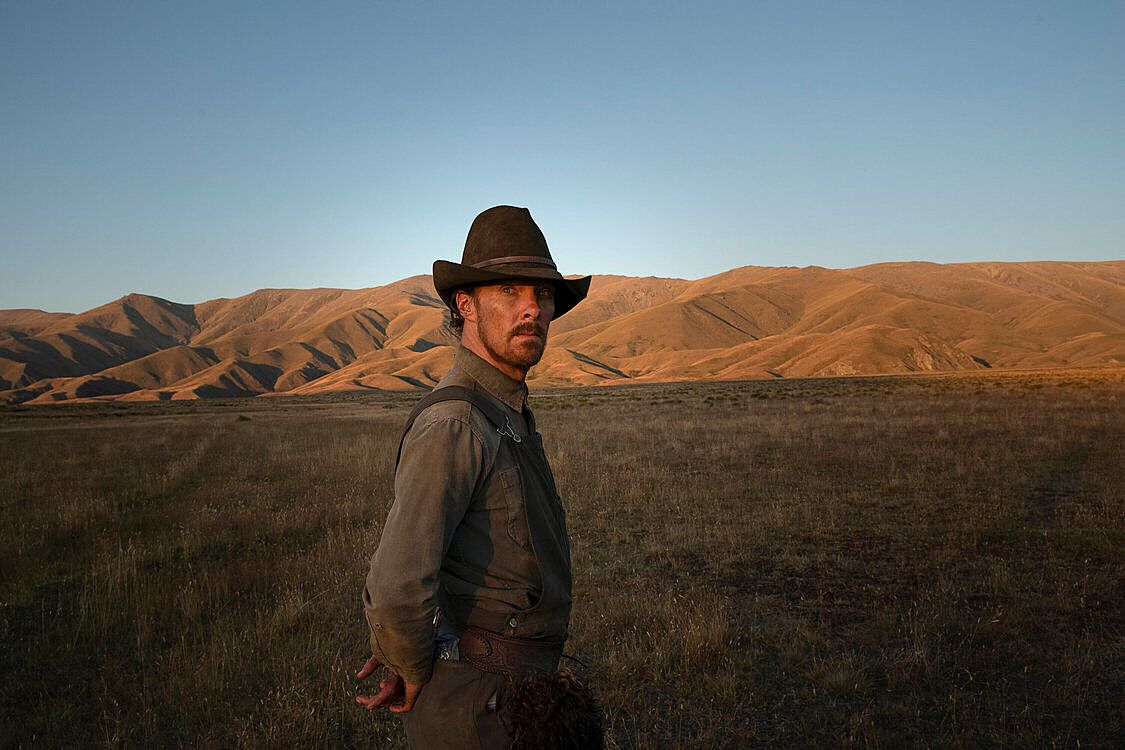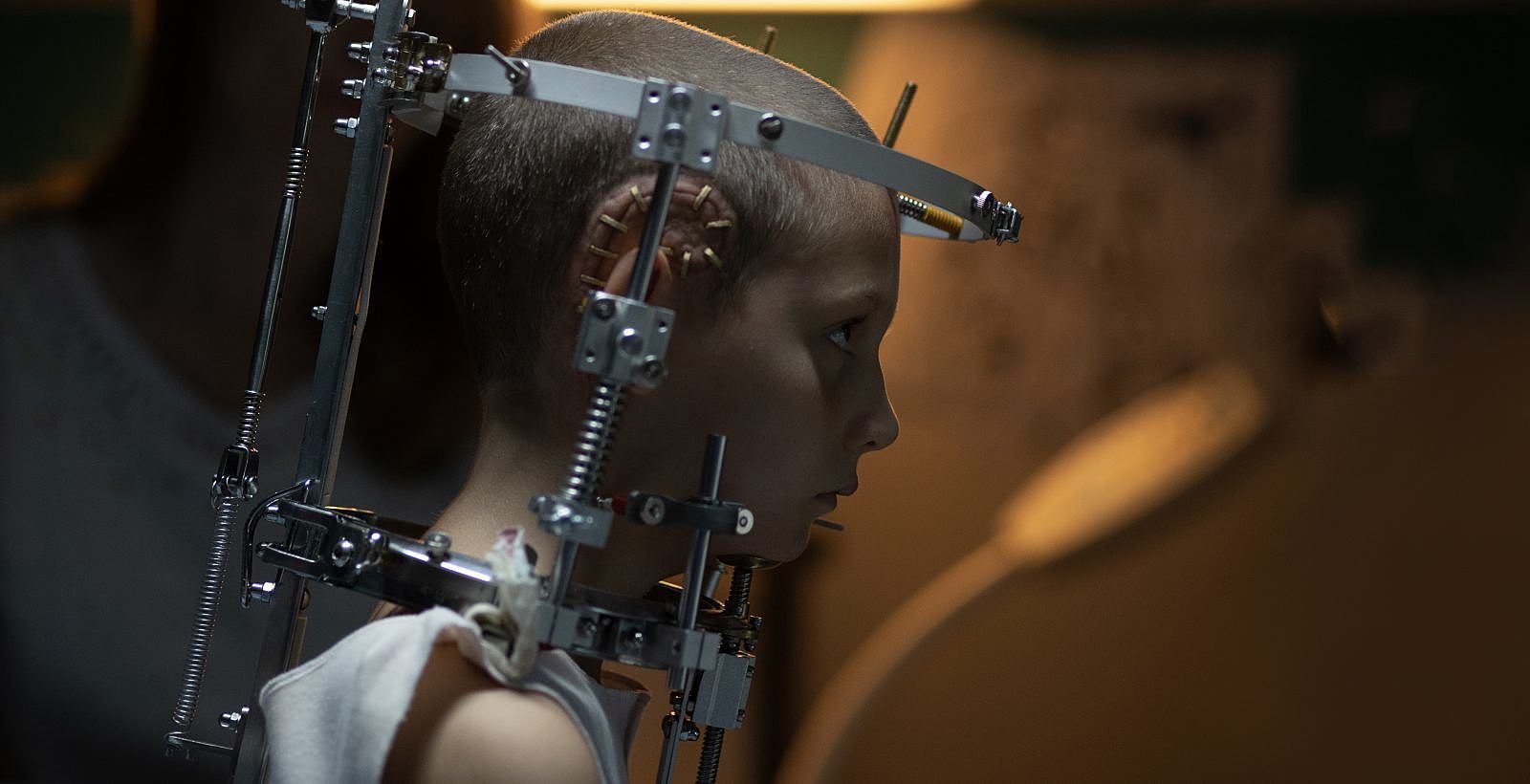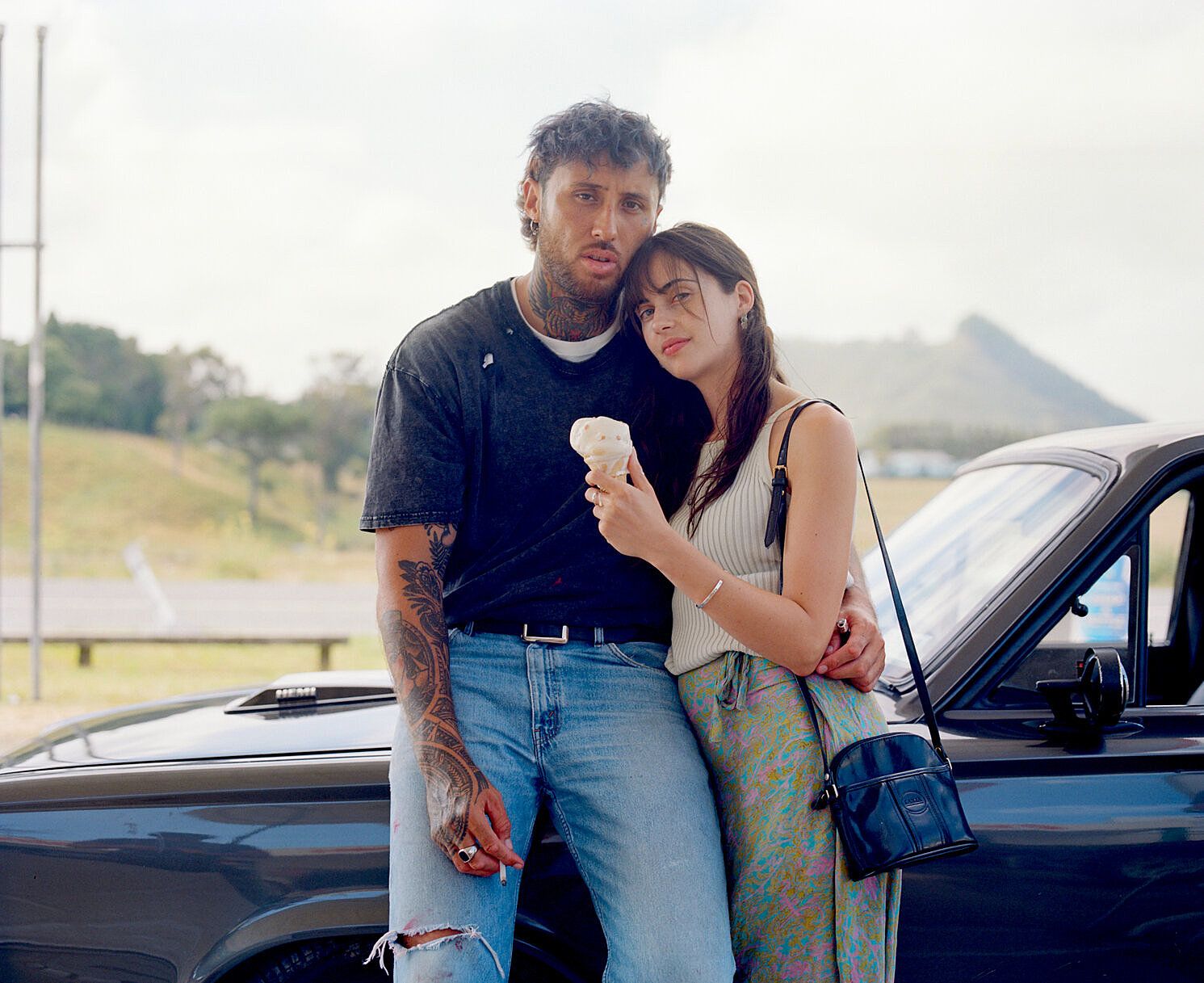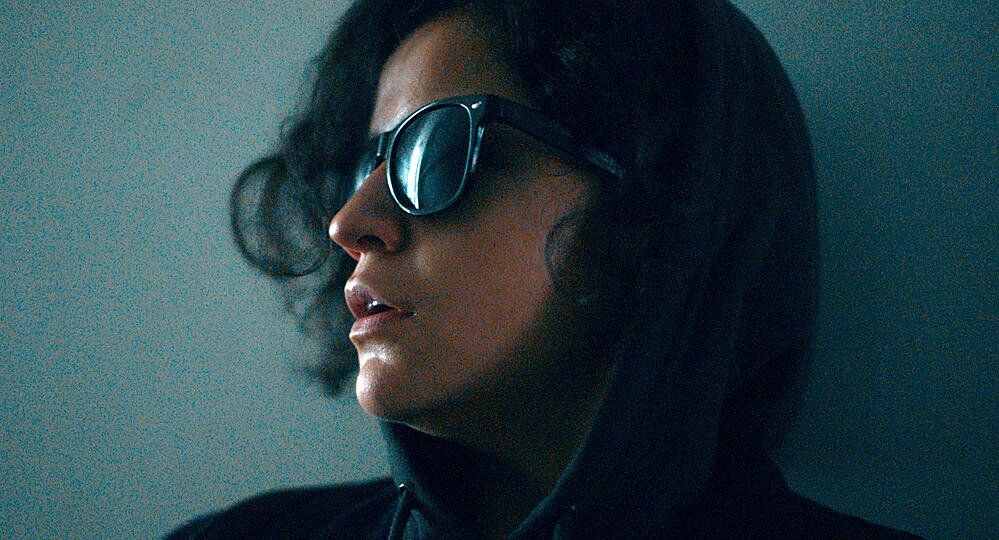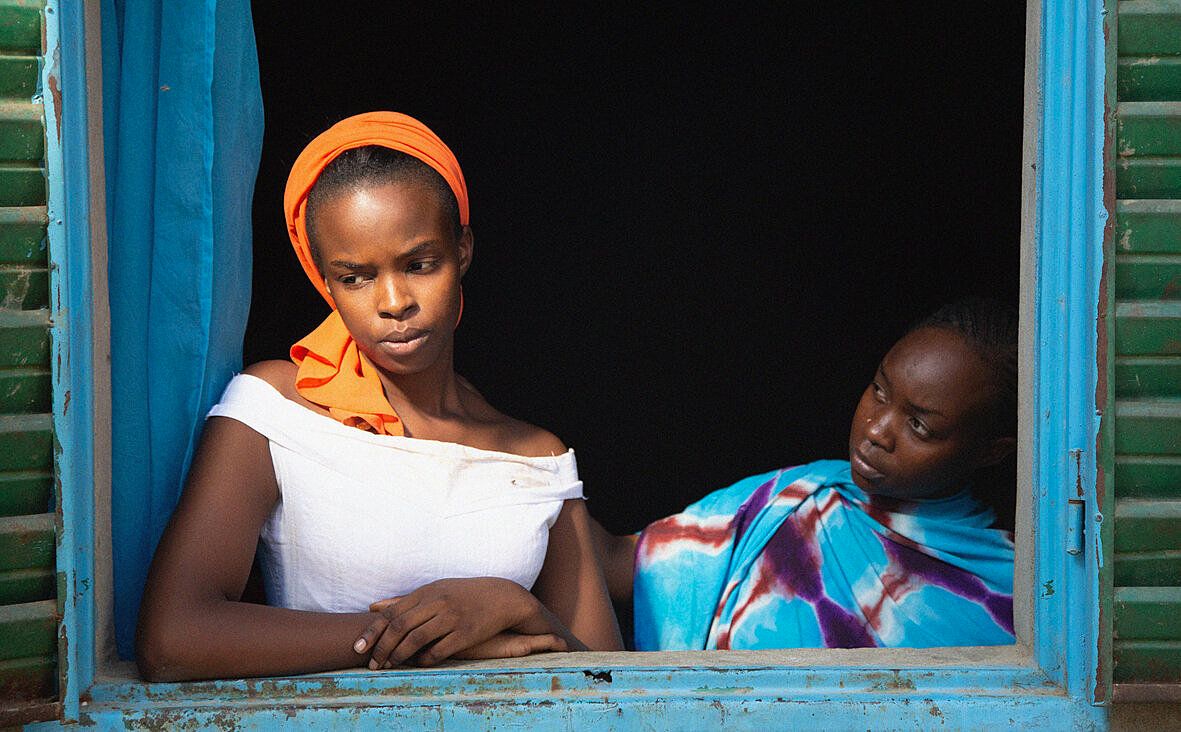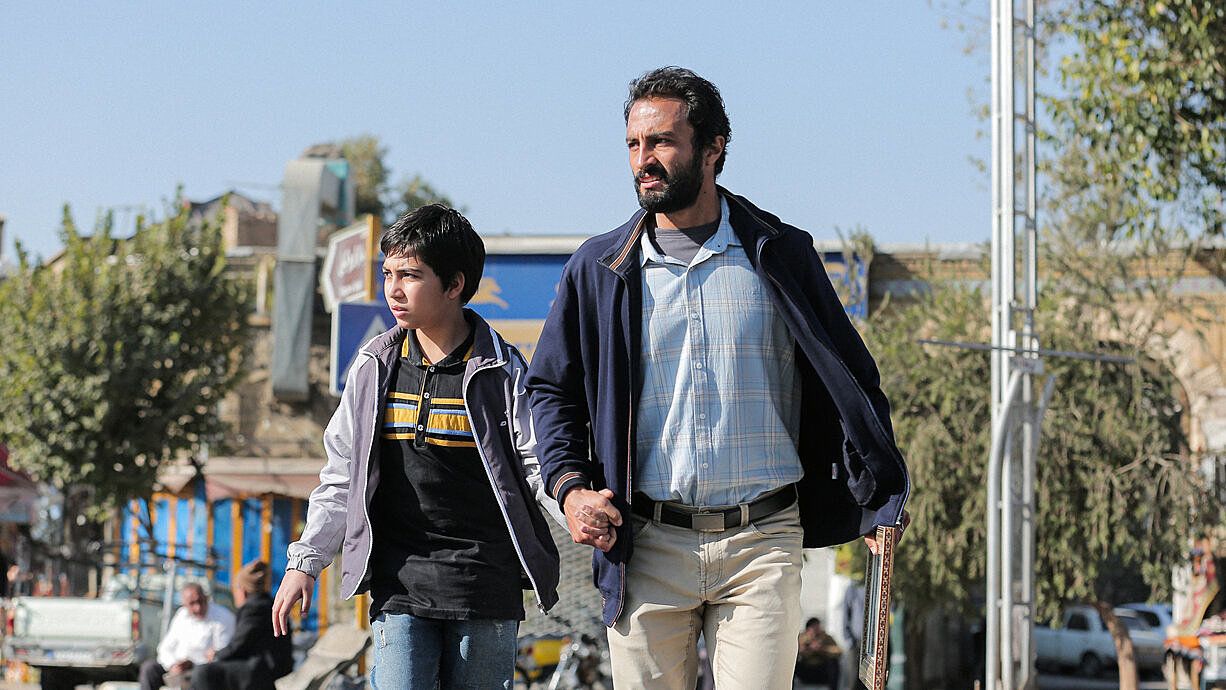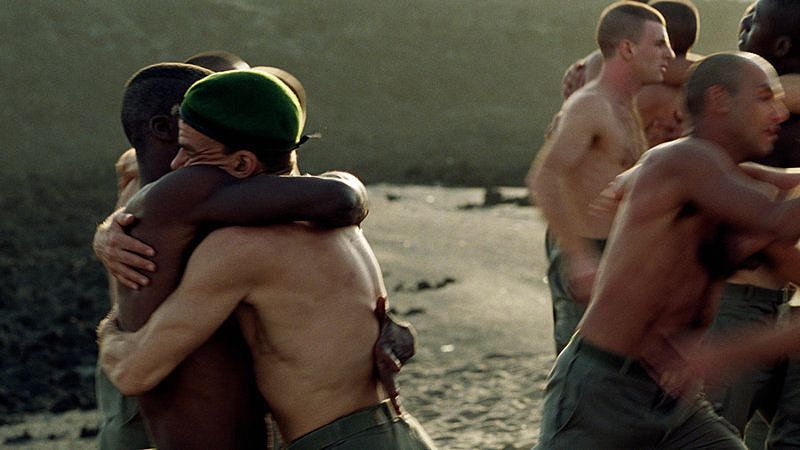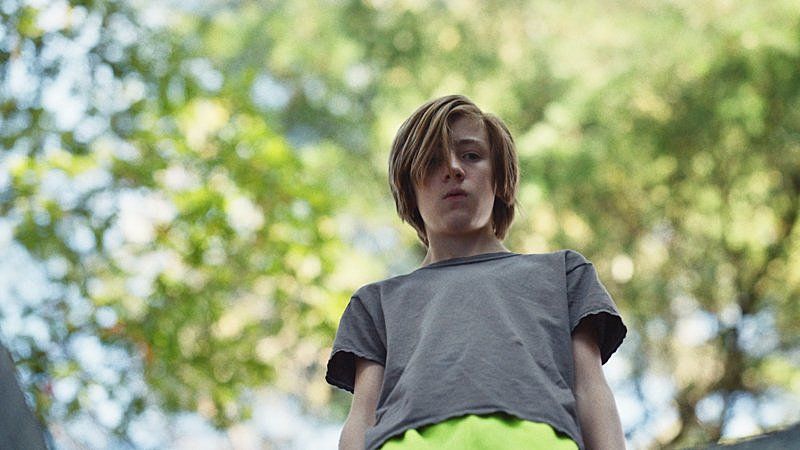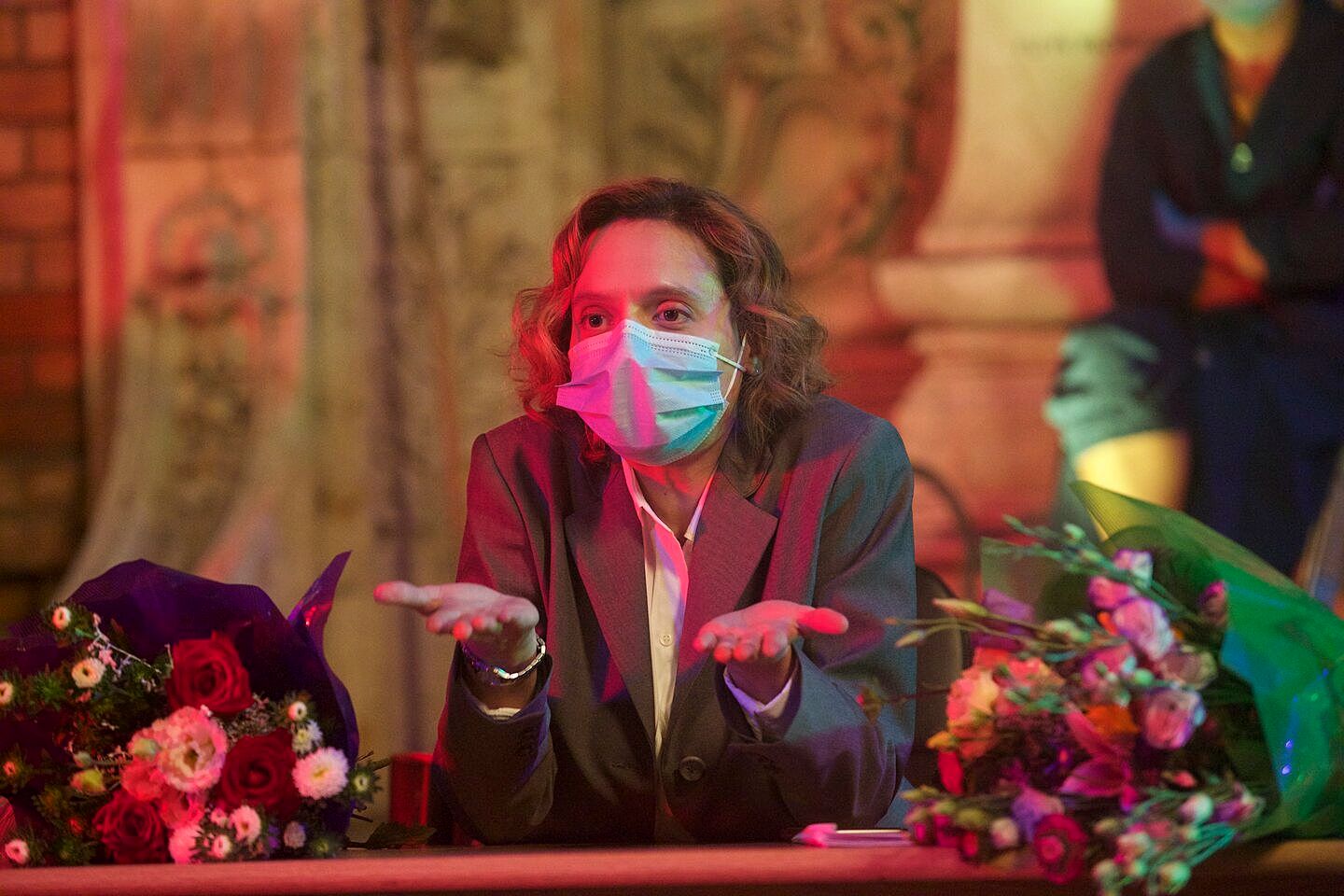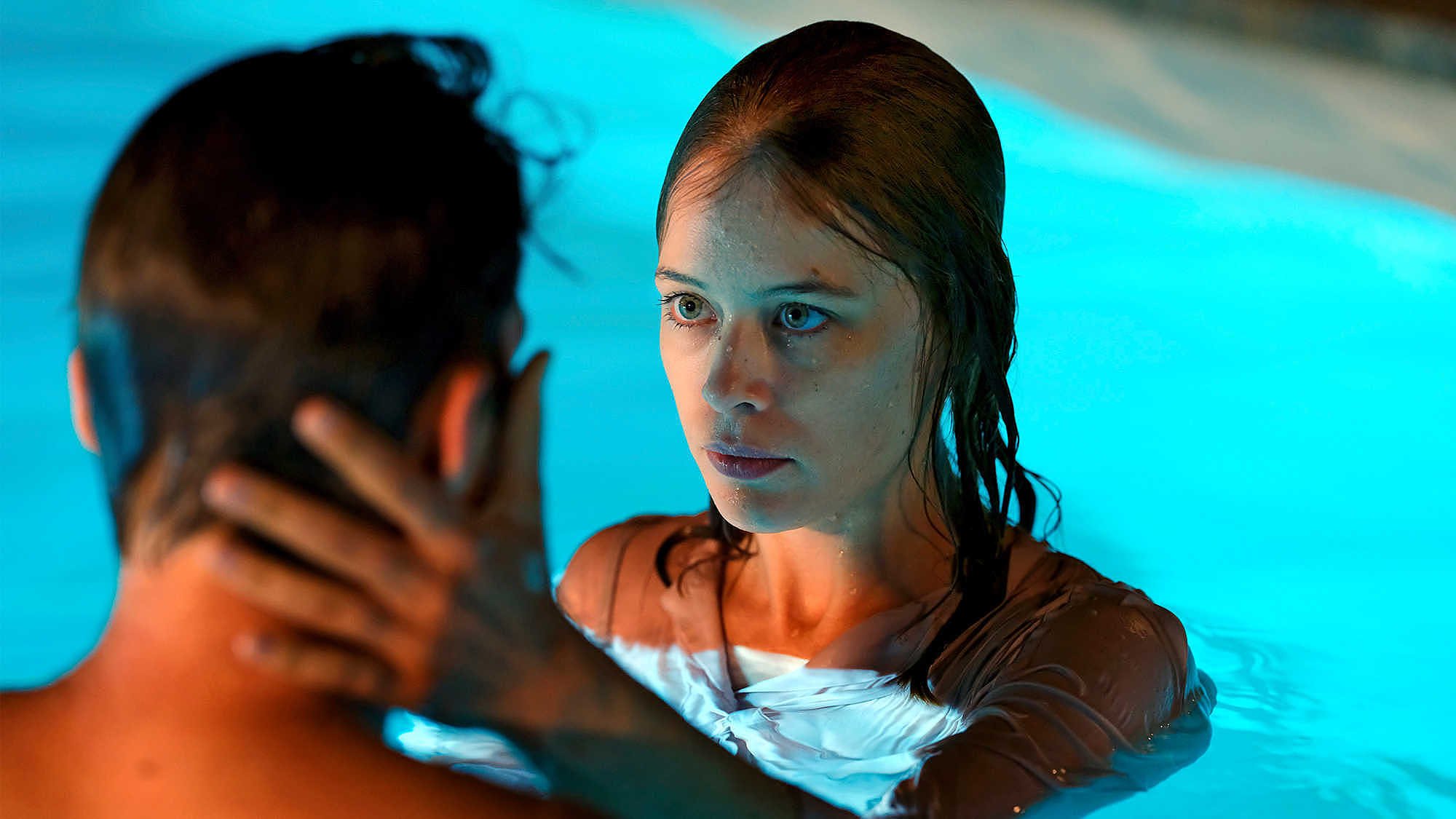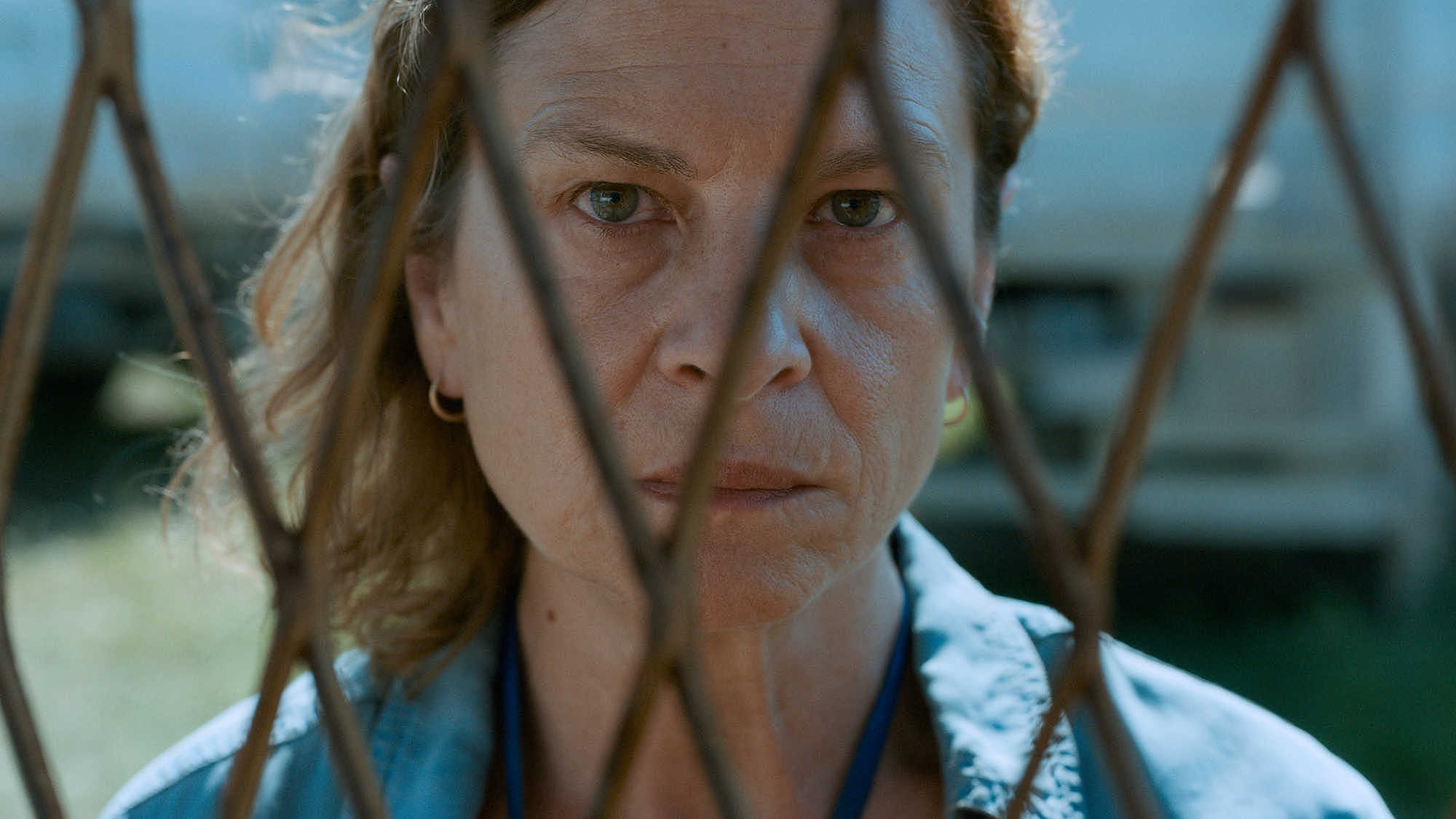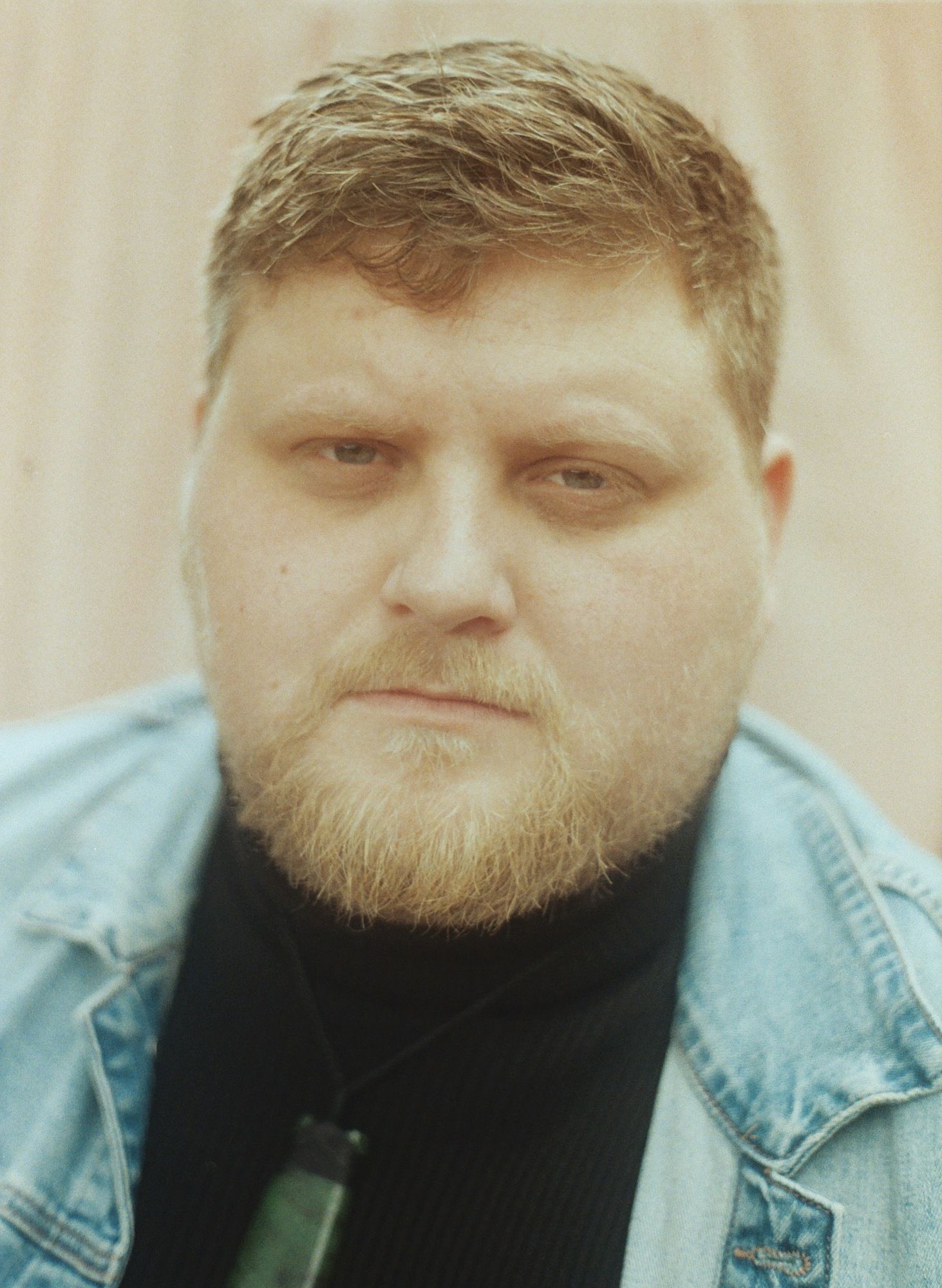Tom’s Picks for NZIFF 2021
Filmmaker Tom Augustine’s heavy hitters, made in Aotearoa, big-screen classics, women in film, weird and wonderful, and under-the-radar picks for this year’s film festival lineup.
It’s Christmas time for the filmgoers of Aotearoa, which is to say that Whānau Mārama New Zealand International Film Festival is finally upon us – a little weathered and worse for wear but here nonetheless. It’s been a difficult journey during the pandemic, with a Covid-19 resurgence tragically cancelling the Tāmaki Makaurau (Tāmaki) leg of the Festival. That’s where I am, unfortunately, and as I watch our neighbours to the south with jealousy from this purgatorial space, it’s also with happiness that some New Zealanders get the chance to soak up the best that cinema has to offer. Despite the global upheaval, it’s a great year for movies: this year’s lineup proves it.
The Power of the Dog
The Heavy Hitters
These are the buzzed-about titles, most likely to sell out fast. Most are also likely to get cinema releases, but who can resist being among the first in the country to see them?
Power of the Dog (dir. Jane Campion)
Perhaps the single most anticipated title of the Festival, Dame Jane Campion’s first feature film in 12 years has garnered some of the best reviews of her career and incredibly strong Oscar buzz. A slippery and sinister neo-Western from our greatest living filmmaker.
The French Dispatch (dir. Wes Anderson)
Auteur darling Wes Anderson’s latest is another meticulously constructed confection, this time an ode to journalists – specifically those at The New Yorker – in a series of short stories that zip through Anderson’s typically enormous and eclectic cast of characters.
Titane
Titane (dir. Julia Ducournau)
Surprise winner of this year’s Palme d’Or, the most prestigious of awards in cinema, Raw filmmaker Julia Ducournau’s latest is a twisted collision of metal, bone and bodily fluid. Expect the unexpected in this French filmmaker’s transgressive nightmare.
Memoria (dir. Apichatpong Weerasethakul)
Thai filmmaker Apichatpong Weerasethakul (Uncle Boonmee Who Can Recall His Past Lives) is one of the most distinctive and elusive modern auteurs. His latest is also his biggest-ever production, starring Tilda Swinton as a woman whose search for a mysterious sound only she can hear leads her to the depths of South America and beyond. Weerasethakul’s films demand the big screen – accept no substitutes.
Worth seeking out: Hand of God (dir. Paolo Sorrentino)
True Love
Aotearoa
Some exciting titles from our talented local filmmakers make their national debut. With Tāmaki’s lockdown, many of the filmmakers will be regrettably absent from these premieres, making it all the more important to go out and support our local artists at the box office.
New Zealand’s Best 2021 (dir. Various) and Ngā Whanaunga Māori Pasifika Shorts 2021 (dir. Various)
Every year, an essential stop at the Festival is the short-film programmes, a thrilling assembly from our country’s emerging artists. The centrepiece is the New Zealand’s Best selection, chosen by guest selector Kerry Fox from over 100 submitted titles. This year it’s a bumper crop, with each title earning its place through tight narratives, sterling performances or evocative cinematography. If I were handing out the prizes? It’d be a toss-up between Lucy Knox’s diabolical mother–daughter nightmare Hot Mother and Josephine Stewart-Te Whiu’s warm and well performed When We Were Kids.
Fiona Clark: Unafraid (dir. Lula Cucchiara)
An insightful foray into the enormously impactful career of long-undersung photographer Fiona Clark, whose work captured the lives of K Road’s LGBTQ+ community in an era when such a venture drew as much controversy as it did praise. Clark, a funny and eccentric presence, is given the proper star treatment she deserves here, director Cucchiara uncovering facets of her work and life with the energy and passion appropriate for this oft-overlooked legend.
Millie Lies Low
Millie Lies Low (dir. Michelle Savill)
One of the most exciting titles of the Aotearoa selection, this gloriously stressful film follows a young aspiring architect (Ana Scotney, in a blistering, fearless performance) who constructs an elaborate ruse for her friends and family after a panic attack prevents her from boarding a plane to a new career in New York. A high-anxiety odyssey of tightrope-walking fakery, Millie Lies Low is a dramedy filled with deep cringe and astute observations of the pitfalls of trying to be an artist in our small corner of the world, while also memorably capturing the atmosphere of the urban space of Wellington City – a rare achievement.
Patu! (dir. Merata Mita)
One of the most important filmmakers in Aotearoa history, Merata Mita’s life and filmography carved out a space for wāhine Māori in a time when opportunities were incredibly limited. Patu! is Mita’s depiction of the 1981 Springbok Tour protests and arguably the definitive text of this event. This 40th anniversary restoration by Ngā Taonga Sound and Vision is an opportunity to see the film on the big screen, an incredibly rare one not to be missed.
Lingui, the Sacred Bonds
Cannes
It’s always a thrill to find out which titles from the world’s most prestigious film festival have been picked up for screening at NZIFF. This lineup represents one of the strongest selections in years from the Croisette.
Lingui, the Sacred Bonds (dir. Mahamet-Saleh Haroun)
At the forefront of modern African cinema is Chadian filmmaker Mahamet-Saleh Haroun. The first feature-length filmmaker in Chadian history, he has been working for decades – jumping from strength to strength. His latest is a powerful and essential dialogue about abortion rights in Chad, as a pregnant 15-year-old and her mother attempt to secure an abortion within a strict Islamic-African community, where such a practice is taboo.
Bergman Island (dir. Mia Hansen-Løve)
Director Mia Hansen-Løve has carved out quite the career with her subtle, gentle evocations of modern life, including Eden and Things to Come. Her latest is an exploration of the tensions in an artist’s life between her relationship and her work, set at the island retreat of the late, great filmmaker Ingmar Bergman – with a dash of meta commentary that folds the story in on itself in fascinating ways. A layered and substantial piece.
A Hero
A Hero (dir. Asghar Farhadi)
Iranian filmmaker Asghar Farhadi is arguably the most skilled dramatist working in cinema today. The mind behind modern masterpieces like A Separation, About Elly and The Past, Farhadi’s latest is another complex tangle of moral dilemmas as an ex-con is catapulted to fame by a ‘selfless’ gesture that subsequently drives him to ruin. One of the filmmaker’s very best – which is saying something.
Drive My Car (dir. Ryusuke Hamaguchi)
Perhaps my favourite film of the past year is this adaptation of a Haruki Murakami short story from Korean filmmaker Ryusuke Hamaguchi (whose Wheel of Fortune and Fantasy is also at the Fest this year, and close to essential). Flying by at three hours, this meditation on grief and the unknowability of those around you is a marvel of repressed emotion peppered by sequences of fragile, fleeting grace. Cent ring on a playwright struggling to come to terms with the mysteries of his deceased wife, the film zooms in on the relationship he forms with his driver while working on a new project. Building to a profound, heart-stopping climax, this is as must-see as cinema gets.
Worth seeking out: In Front of Your Face (dir. Hong Sang-soo), Paris, 13th District (dir. Jacques Audiard), Compartment No. 6 (dir. Juho Kuosmanen), Hit the Road (dir. Panah Panahi), Blue Bayou (Justin Chon)
Beau Travail
Classics on the Big Screen
Here’s your chance to see some jewels of cinema rarely given the big-screen treatment. This year, many serve as tributes to the immensely impactful programming of Bill Gosden, beloved former director of the Festival. Essentially, every legacy title deserves a look (there’s a reason they’re still being shown all these years later), but some of the highlights include Claire Denis’s Beau Travail, a sinewy deconstruction of masculinity that is quite simply one of the best films ever made; Hou Hsiao-hsien’s Flowers of Shanghai, an intoxicating period piece set in 19th-century Shanghai; and master of melodrama Douglas Sirk’s ornate masterpiece Written on the Wind. Aotearoa filmmakers get a look-in as well, with screenings of Gillian Ashurst’s rollicking road movie Snakeskin and Florian Habicht’s newly colourised classic Woodenheadgetting the retrospective treatment.
Zola
Women in Film
Women filmmakers are at the forefront of the most significant cinematic offerings at the Fest this year. Here are some can’t-miss titles.
Zola (dir. Janicza Bravo)
The only film at the Fest based on a Twitter thread from A‘Ziah ‘Zola’ King. Zola is a torrid journey into a heart of darkness (here depicted as Florida), as a young woman is pulled into a 72-hour whirlwind of crime and double crossing after being convinced to go on a money-making circuit of the state’s strip-clubs with a woman she’s just met. A pure shot of energy and boutique film studio A24 cool.
Happening (dir. Audrey Diwan)
The other major award-winner from a young French woman in 2021 is Happening, perhaps destined to be drowned out by the louder, grabbier Titane. However, don’t let this one slip by – the winner of the Venice Film Festival’s top prize, the Golden Lion, is a deeply moving drama taking aim at the dark and prohibitive history of abortion rights in 1960s France. Adapted from the autobiographical novel by Annie Ernaux, Happening is a race against time as the film’s heroine endeavours to secure a safe abortion so she can continue her studies. The film uncovers a seedy side to a country still weighed down by Nazi occupation.
The Lost Daughter
The Lost Daughter (dir. Maggie Gyllenhaal)
The first film from Maggie Gyllenhaal is being widely praised as the arrival of a significant new talent behind the camera. Adapted from a lesser-known Elena Ferrante story, it depicts the mysterious and manipulative relationship that forms between two women on the shores of an idyllic Greek holiday destination – one a new mother, the other an older mother noticeably absent of her own children. A sensual, difficult film – look out for it in the acting awards races later this year.
Worth Seeking Out: Shiva Baby (dir. Emma Seligman), El Planeta (dir. Amalia Ulman), Murina (dir. Antoneta Alamat Kusijanovíc), Honey Cigar (Kamir Aïnouz), Pleasure (dir. Ninja Thyberg)
John and the Hole
Weird and Wonderful
It wouldn’t be the Film Festival without a smattering of the out-there, the against-the-grain, the downright offensive films from the wrong side of the cinemascape. This year is no different, with a range of visionary, bizarre work across the programme.
Ant Timpson’s Incredibly Strange
The infamous Incredibly Strange section, annually curated by iconoclastic local filmmaker Ant Timpson, is your first stop, with this year’s selection boasting some particularly unique titles. My picks are the haunting and horrifying John and the Hole(dir. Pascual Sisto), Timpson-produced Censor(dir. Prano Bailey-Bond), which explores the world of schlocky, low-grade ‘video nasty’ horrors of the ‘80s, and The Scary of Sixty-First from Red Scare podcaster Dasha Nekrasova – a provocative, psychosexual nightmare drawing upon the Jeffery Epstein scandal.
Bad Luck Banging
Bad Luck Banging or Loony Porn (dir. Radu Jade)
Surely this year’s most X-rated offering is Romanian auteur Radu Jade’s didactic and explicit exploration of the heavily marketed cultural soup we all swim in. The film, loosely structured around the trial of a teacher after her sex tape is put online, draws on a range of heady ideas, presenting a quasi-experimental and often hilarious dissection of the modern culture war.
About Endlessness (dir. Roy Andersson)
Swedish filmmaker Roy Andersson (Songs from the Second Floor; You, the Living) is among the most formally exacting filmmakers alive today, the creator of ornate screen dioramas that explore the many tribulations of modern life. His latest, About Endlessness, is another of his idiosyncratic visions, a bleakly hilarious series of vignettes that looks and feels like nothing else in cinema.
Undine
Under the Radar
The programme hides many gems in plain sight, all too easily missed amidst flashier titles. These are some of the year’s most essential.
Undine (dir. Christian Petzold)
A festival regular, German filmmaker Christian Petzold (Barbara, Phoenix, Transit) crafts mature, stately cinema with a classicist’s eye for storytelling. In this adaptation of the legend that would later inspire The Little Mermaid, Petzold takes the story of an ill-fated water sprite living among humans and places it in a modern context. The result is an elusive and heart-rending romance with immaculate performances from leads Paula Beer and Franz Rogowski.
All These Sons (dir. Bing Liu, Joshua Altman)
Documentary filmmakers Bing Liu and Joshua Altman delivered one of the finest films of the last decade with their deeply moving Minding the Gap. Their follow-up dives into the work of those seeking to end gun violence on the violent streets of Chicago, commonly seen as one of the most notorious areas for crime in the US. The film eschews judgement, instead getting up close and personal with those most likely to both commit and be the victims of a seemingly unending cycle of horrors.
Quo Vadis, Aida?
Quo Vadis Aida? (dir. Jasmila Žbanić)
This deeply urgent, Oscar-nominated work throws viewers headfirst into the human-rights crisis that was the Bosnian genocide. Set just before the infamous Srebrenica massacre, the film’s seat-squirming tension and breathless terror draws from the efforts of a UN translator trying to save her family from the violence. A searing, dread-inducing account of a woman caught up in a terrible conflict that is both a masterful exercise in suspense and a profoundly conscientious picture of dignity and determination.
Limbo (dir. Ben Sharrock)
One of the best films I’ve seen this year is this moving, fitfully funny chronicle of asylum seekers stuck in the purgatorial, wintry wasteland of the Scottish isles, awaiting citizenship for a seemingly never-ending period of time. By turns haunting and achingly heartfelt, the film’s visual and directorial sense seems to draw on beloved European filmmakers like Ruben Östlund and Yorgos Lanthimos but finds its own voice in its commitment to navigating the warmth and essential humanity of its stranded characters.
Worth Seeking Out: Wheel of Fortune and Fantasy (dir. Ryusuke Hamaguchi), Never Gonna Snow Again (dir. Malgorzata Szumowska, Michal Englert), The Killing of Two Lovers (dir. Robert Machoian)
Feature image: Tom Augustine
